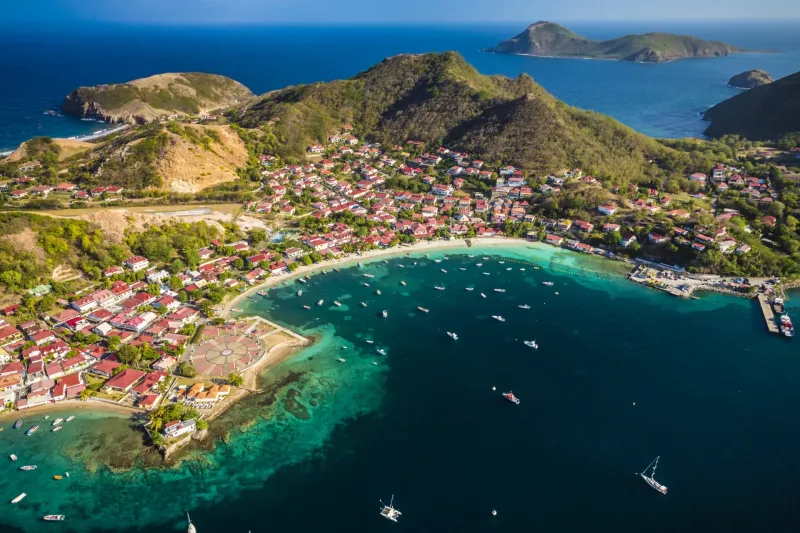People in Nigeria are being left with no choice but to go back to burning charcoal and wood despite its devastating effects on their health and the environment.
Having just attended COP26, where world leaders promised to do better for the planet, Africa’s most populous country is shifting back to these pollution-heavy fuels.
This is largely because of the huge surge in gas prices which has hit every nation in the world.
There is no single reason for this crisis, but one of the biggest causes is the northern hemisphere’s rise in demand for gas as temperatures drop for winter.
Of course, winter comes around every year without skyrocketing gas supplies. But demand has been boosted even further as economies have opened up after Covid-19 lockdowns were ended.
The global situation, coupled with the devaluation of Nigerian currency, has made gas unaffordable for many people who rely on it to live and work.
A man pushing a trolley of firewood in Lagos, Nigeria. Despite fossil fuels being a major concern of Cop26, surging gas prices are forcing people in Nigeria back to using charcoal and firewood.
Business-owners either have to raise their prices to cover their supply expenses or they have to change over the fossil fuels
Aerial view of Nigeria Liquefied Natural Gas (NLNG) plant at Bonny Island in Rivers State. Despite fossil fuels being a major concern of Cop26, surging gas prices are forcing people in Nigeria back to using charcoal and firewood.
Despite having plentiful gas reserves, Nigeria imports about 70% of its supply
A caterer in the city of Awka, Helen Aniaso, said she had to increase the prices of the food she sells to make up for how much she is spending on gas.
She told local outlet the Premium Times: ‘We are losing customers because many of them cannot afford to pay.
‘The government should come to our aid before our sources of livelihood collapse.’
Those who cannot charge customers more to keep up with expensive supply expenses have turned to firewood and charcoal.
This produces gases that not only pollute the air but endanger those working and living around them as burning fossil fuels has been linked to health conditions including bronchitis, asthma, heart attacks and even strokes.
Ironically, Nigeria has a surpless of natural resources. It is Africa’s largest oil producer and has loads of gas reserves.
But the country does not have the infastructure to take advantage of these things, leaving it to import about 70% of its gas supply.
The Nigerian Association of Liquefied Petroleum Gas Marketers (NALPGM) has called on the government to get rid of the Value Added Tax (VAT) on gas.
The Associations’s president, Nosa Ogieva-Okunbor, believes this would encourage investment and make Nigeria less reliant on importing gas.
At the beginning of this month, Nigerian President Muhammadu Buhari pleaded for international help, asking for ‘tranition fuels’ to help poorer nations change over to renewable energy.
Indeed, the argument has long been made that richer countries should foot the bill for poorer nations to deal with flooding, droughts, rising sea levels and other consequences of climate change.
This is not a case for charity, but rather a way of acknowledging how the developing world will be first to suffer a crisis created largely by developed powerhouses.
In 2009, world-leaders agreed to provide $1billion (£750million) a year to a fund aiming to help poorer countries deal with climate disasters and make their industrialisation renewable.
The Western world has never lived up to this commitment but COP26 saw these countries promise even more ambitious numbers for 2024.
SOURCE : Metro




